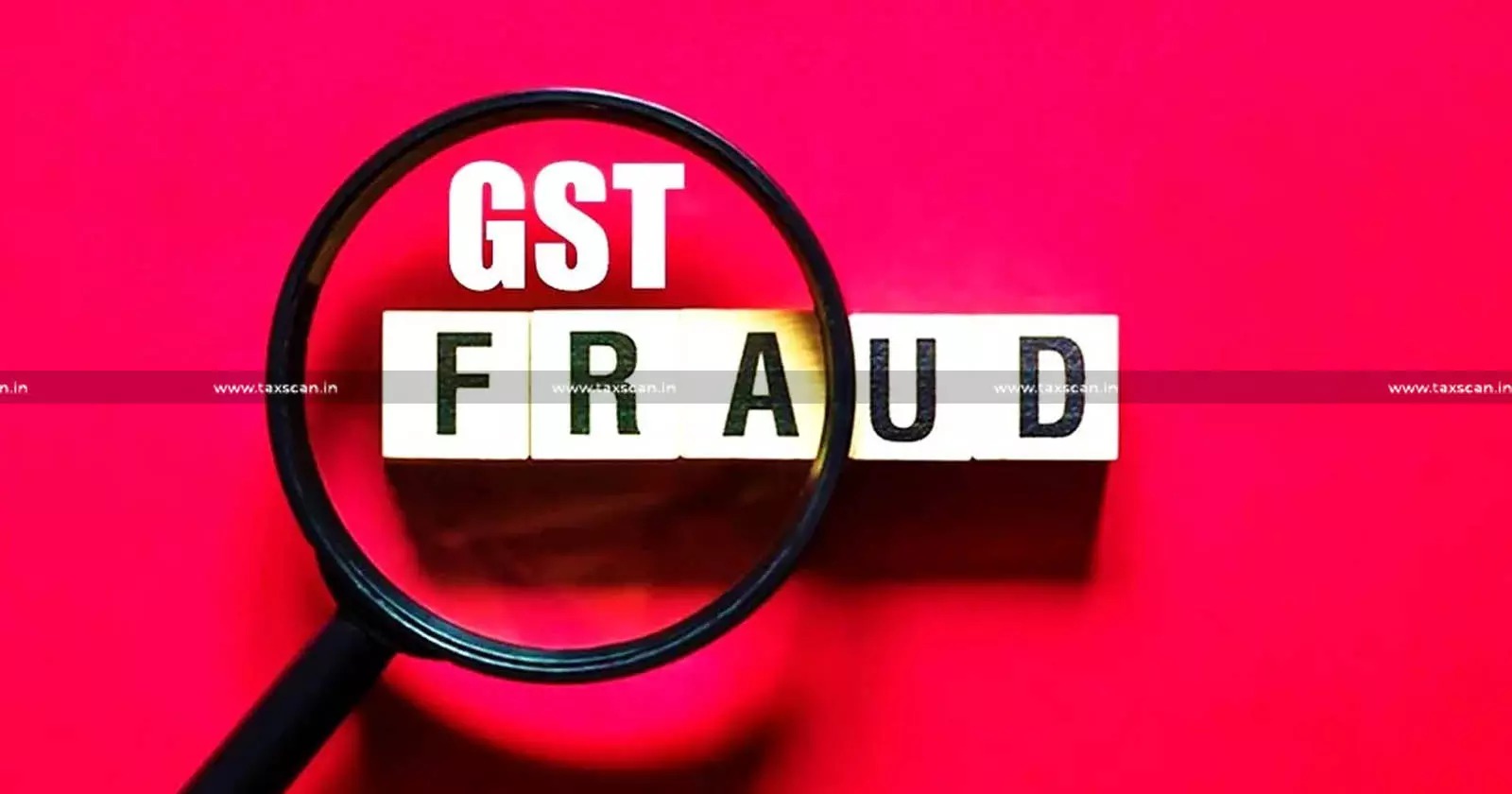Bribe Money Repayment not Legally enforceable Debt/Liability: Madras HC upholds Acquittal in S. 138 Cheque Bounce Case [Read Order]
Madras HC Upholds Acquittal in Section 138 NI Act Cheque Bounce Case as Bribe Money Not Legally Enforceable Debt
![Bribe Money Repayment not Legally enforceable Debt/Liability: Madras HC upholds Acquittal in S. 138 Cheque Bounce Case [Read Order] Bribe Money Repayment not Legally enforceable Debt/Liability: Madras HC upholds Acquittal in S. 138 Cheque Bounce Case [Read Order]](https://images.taxscan.in/h-upload/2025/11/15/2105456-money-repayment-legally-enforceable-debt-madras-hc-cheque-bounce-case-taxscan.webp)
The Madurai Bench of the Madras High Court (Madras HC) has upheld the acquittal of the accused in a cheque bounce case under Section 138 of the Negotiable Instruments Act, 1881 (NI Act), holding that repayment of bribe money cannot constitute a legally enforceable debt or liability.
Justice K. Murali Shankar dismissed the criminal appeal filed by P. Kulanthaisamy, the complainant, against the judgment of the Fast Track Judicial Magistrate Court, Srivilliputtur.
The case arose from allegations that the accused, K. Murugan, who worked in the mechanical section of the Tamil Nadu State Transport Corporation (TNSTC), had demanded ₹3 lakh from the complainant for arranging a conductor’s job in the Corporation. The complainant claimed that he had paid the amount in the presence of a retired TNSTC employee. When the promised job did not materialise, the accused allegedly issued a cheque dated 28 February 2017 for ₹3 lakh, which was subsequently dishonoured for insufficient funds.
 Also Read:S.74 of GST Cannot Be Invoked when No Fraud Alleged: Madras HC Clarifies application of S. 74 [Read Order]
Also Read:S.74 of GST Cannot Be Invoked when No Fraud Alleged: Madras HC Clarifies application of S. 74 [Read Order]
Upon receiving no response to his statutory notice issued under Section 138 of the NI Act, the complainant initiated criminal proceedings. After trial, the Magistrate Court acquitted the accused, holding that the alleged transaction itself was unlawful, and therefore the cheque could not be said to have been issued towards discharge of a legally enforceable debt.
Comprehensive Guide of Law and Procedure for Filing of Income Tax Appeals, Click Here
Before the High Court, the complainant argued that even if the original transaction involved an illegal promise of a job, the subsequent issuance of a cheque created a fresh and independent liability. Counsel contended that the Magistrate erred in treating the cheque as unenforceable merely because the underlying transaction involved an unlawful object.
Read all Latest Updates onand about Madras High Court
The High Court rejected this argument. Justice Murali Shankar observed that the complainant had categorically admitted in his pleadings and during trial that the payment of ₹3 lakh was made to secure Government employment. Referring to Section 23 of the Indian Contract Act, 1872, the Court noted that a consideration that is unlawful, immoral, or opposed to public policy renders an agreement void.
The Court relied on the legal maxim in pari delicto potior est conditio possidentis, meaning that when parties are equally at fault in participating in an illegal transaction, the law will assist neither party. The judgment also cited the Delhi High Court decision in Virender Singh v. Laxmi Narain (2007), where a similar cheque issued in connection with a bribe payment for obtaining a job was held unenforceable.
The Court further clarified that Section 65 of the Indian Contract Act, which provides for restitution of benefits under agreements that later become void, does not apply when the agreement is void from inception (void ab initio). Since the alleged agreement to secure a TNSTC job was illegal from the beginning, no restitution or enforcement could be sought through criminal prosecution under Section 138 of the NI Act.
Finding no infirmity in the Magistrate Court’s judgment, the High Court dismissed the appeal and upheld the acquittal.
Support our journalism by subscribing to Taxscan premium. Follow us on Telegram for quick updates


